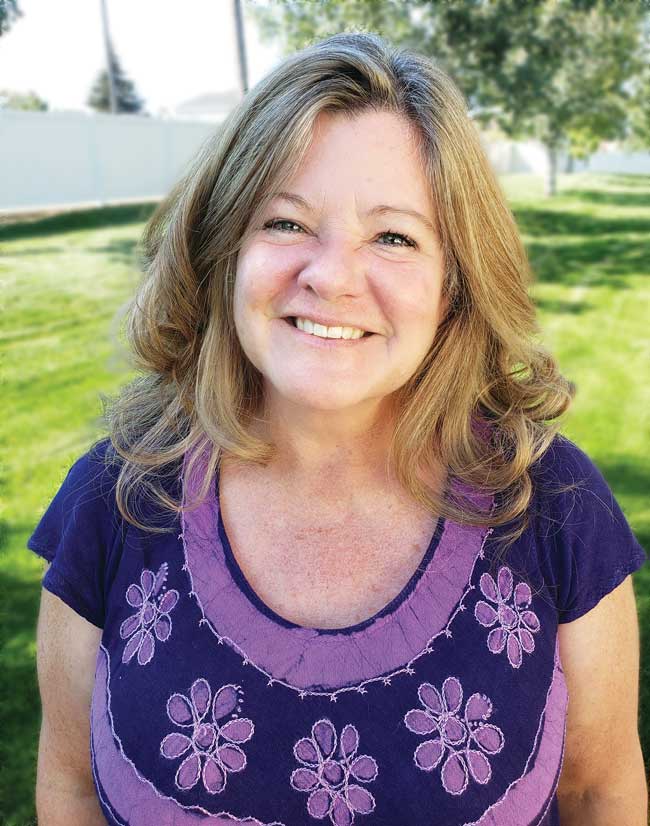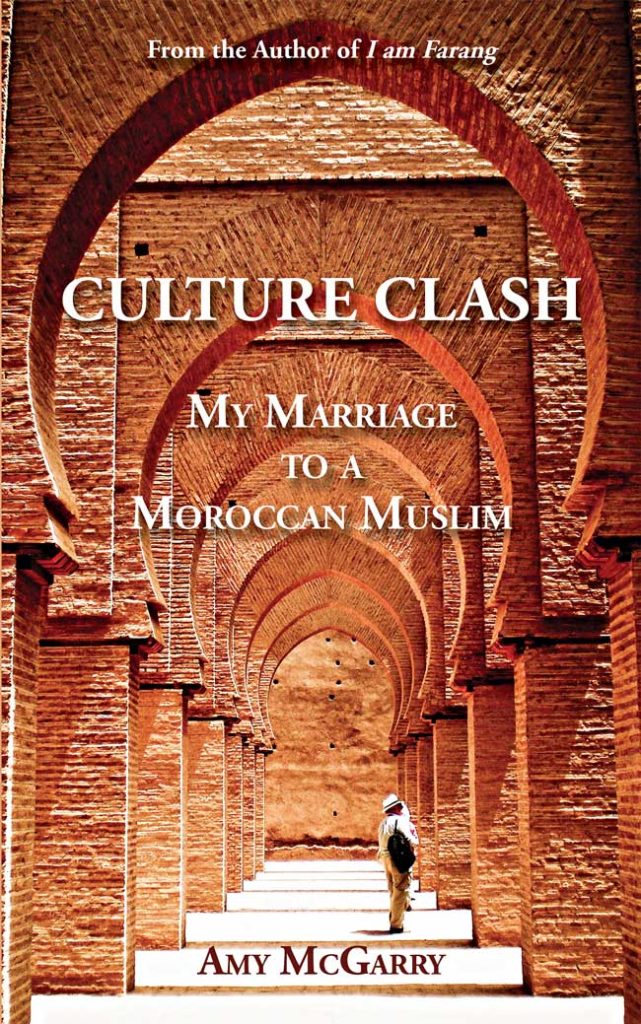In the excerpt from Amy McGarry’s latest book, Culture Shock: My Marriage to a Moroccan Muslim, she recounts meeting with her future husband in Istanbul, Turkey after a year-long separation.
July 2006
My heart skipped a beat when I saw him waiting for me at the Istanbul airport. He looked cool, calm and collected, as he always did. No beaming smile of welcome, very little show of emotion. This trait of his was still mysteriously alluring, even a year later.
Touring the incredible Istanbul, our first stop was the iconic Aya Sophia (Church of the Holy Wisdom). This museum, first a Christian cathedral, then a mosque under the Ottomans, was the world’s largest building in its time, and is said to have changed the history of architecture. With its history as both a cathedral and a mosque, and the place of our reunion, the Aya Sophia is an apt metaphor for my relationship with Mustapha. When not touring the city walking hand in hand, we spent countless hours in outdoor coffee shops. Sipping rich Turkish coffee, smoking strong Turkish cigarettes, we’d sit hand in hand. Mustapha’s still-limited English resulted in periods of long silences. Long comfortable silences. Never awkward. No words were needed. I couldn’t shake the feeling that with this man by my side, everything was right in my world.
Because we could not communicate fully with language, I paid attention to his every action. Not only do actions speak louder than words, they speak more honestly.
Words complicate everything. No wonder it felt so comfortable to be with him. In retrospect, however, I would predict that had we been able to communicate better during our courtship, we would not have ended up together. Our lack of words during our courtship was our saving grace.
Of course, everyone is always on their best behavior during courtship and that can change on a dime. I was not so naïve to think otherwise. Keeping that in the back of my mind, I noted behaviors that boded well. For example, Mustapha left every decision up to me: what to do, what to see, where to go and when to do it. As the youngest child of seven, I was accustomed to getting my way. I saw a good omen in how he always gave me my way.
Furthermore, he was friendly and charming to everyone we encountered. He was also a perfect gentleman.
Most importantly, he befriended the domestic neighborhood cats. I hadn’t realized until the moment he picked up a cat that was wandering around in an open-air restaurant: that would be a deal breaker! My heart melted to see this man I loved holding and petting a cat sweetly, affectionately.
Every moment together was happy. When I look back at photos from this trip, in each shot of us together you can see us leaning towards each other, like an imaginary magnet was pulling us together. It’s not surprising to see those images. That’s exactly how it felt to be next to him.
While meandering through the city, we saw countless hookah bars, a novelty to me. At one point, I saw a sign advertising hookah and entertainment: whirling dervishes!
We took a seat on the cozy outdoor couches. Examining the hookah menu, we saw flavors like mint, cherry, and orange. Who knew? We ordered apple flavor and relaxed, sipping languidly on our hookah pipe like the caterpillar in Alice in Wonderland. I’d never felt so exotic.
Then, three men dressed in long white robes with full skirts and tall, black felt, cylindrical hats slowly, somberly walked to the forefront of the lounge area. These were Sufi mystics, called whirling dervishes for their practice of spinning to attain oneness with God.
The dancers started to turn in rhythmic patterns, using their left foot to propel their bodies around the right foot. Their right palm raised up to the heavens to receive God’s blessings transmitted to earth through the left hand pointing down. Their eyes stared blankly into space as they turned. Magically, their skirts started to rise and float, flowing in the air on their own volition.
Mesmerized, hypnotized, I remembered my childhood when the best part of wearing a full-skirted dress was the spinning and the magic of the skirt rising, defying gravity.
Exotic in a completely different way than the whirling dervishes, we also enjoyed watching the Turkish delight of belly dancing. This traditional Middle Eastern dance with a long history, especially in Egypt, is of course well known in the western world.
“Do you have belly dancers in Morocco?” I asked.
“So much!” he exclaimed proudly, shaking his head as if to say “of course.”
Again, I remembered how I was still so ignorant of Moroccan culture.
We ventured into another bar where we were hypnotized again, not by spinning, but by the figure-eight infinity loops of the hips and the shimmies of the belly dancers. I could see in motion what I had heard a long time ago, that the undulations of the dancer’s abdomen and hips are said to help women with childbirth.
We feasted on mezes, (Turkish appetizers), like the Spanish tapas that are always served with drink. We enjoyed Turkish treats like dolmes, fried eggplant, and kebabs with yogurt sauce. Staring into each other’s eyes, I was unbelievably happy. I had everything I needed. My world was perfect.
When it was time to leave Istanbul, it was clear that Mustapha and I still loved each other deeply. However, he’d also made it clear that the time still wasn’t right for us to be together. His focus at the time was making his way in the world. His business in Thailand was going well. He wanted to continue and establish himself financially. Because he was so much younger than me, and because he was a man of a certain culture, I respected his position. But I didn’t understand it. For I would have chosen love over career.
Perhaps I’d grown a protective layer over my heart or had even given up hope for a future with him. I was only a little sad about this.
Culture Shock: My Marriage to a Moroccan Muslim is available on Amazon.


